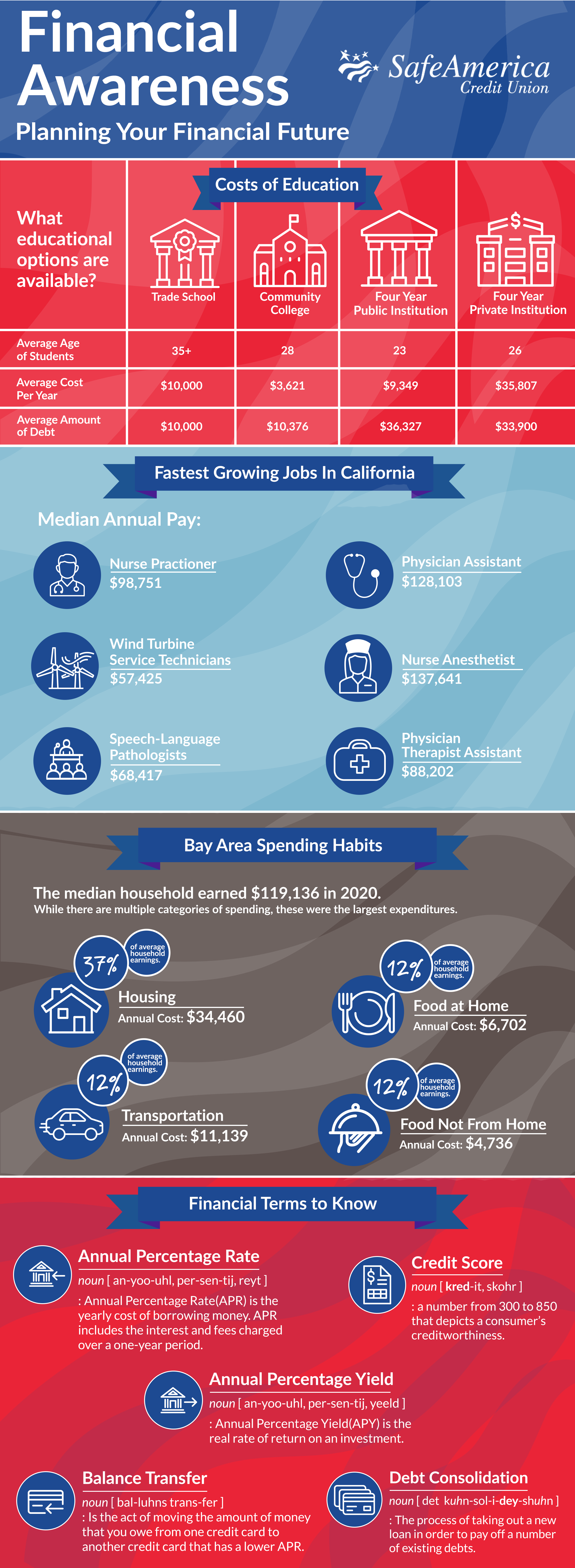Debt can be a challenge to manage, even in the best of times. Now, with the economy in the news nearly every day, how do you effectively manage your debt as the cost of borrowing for things like homes, cars,
and credit cards rises? People are successful when they set a realistic budget for spending. Focusing on non-traditional gifts, the joy of experiences and the resulting memories, can be just as rewarding without damaging your finances, especially as prices on essentials are rising.
Here are five general questions to ask in order to minimize the hit to your wallet in the face of rising interest rates.
What's Your Current Credit Score And History?
What Is Your Debt Portfolio?

What Are Your Current Interest Rates?
What Is A Realistic Payment Plan?
What Is Your Overall Financial Plan?
This information brought to you by GreenPath Financial Wellness.







